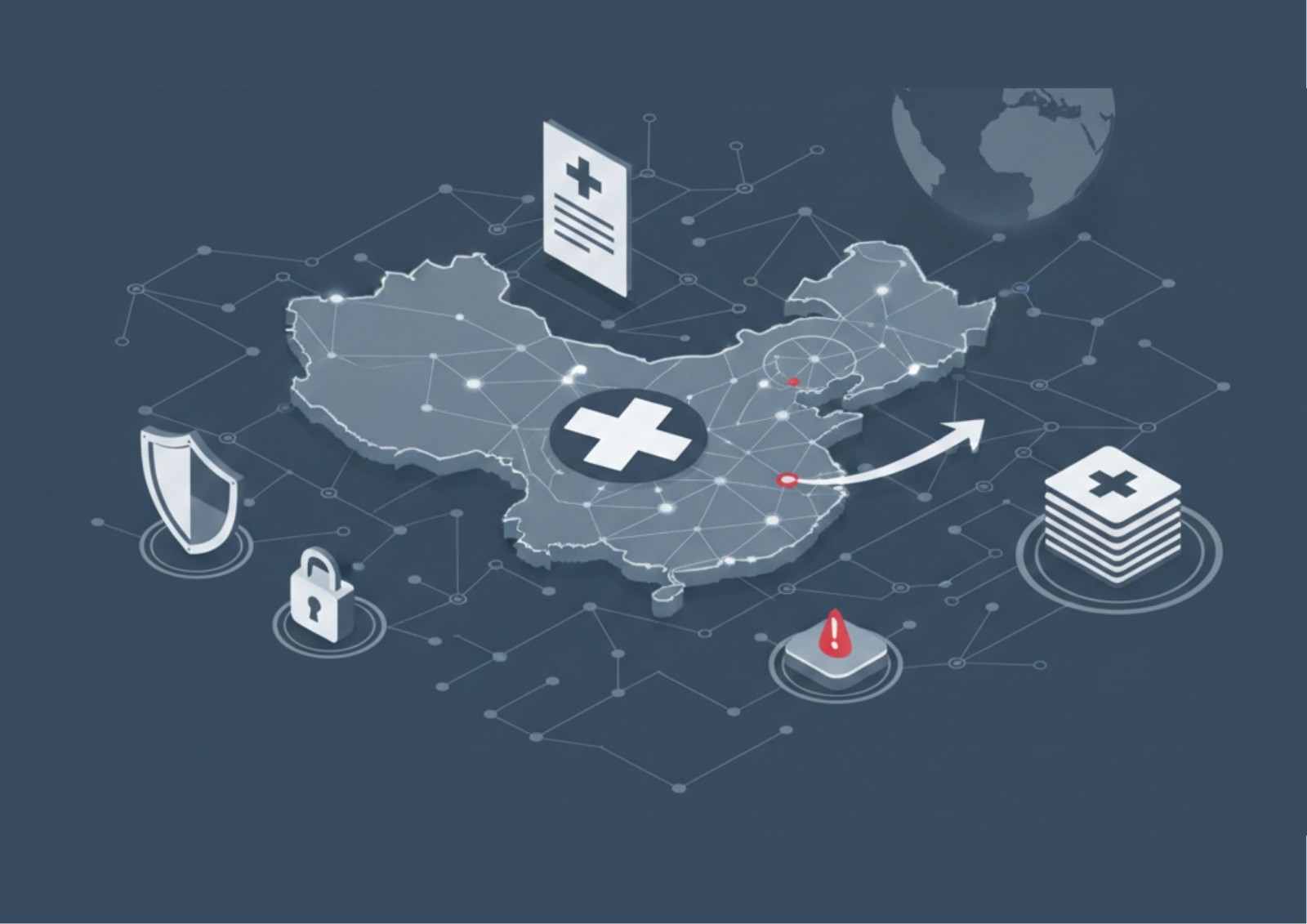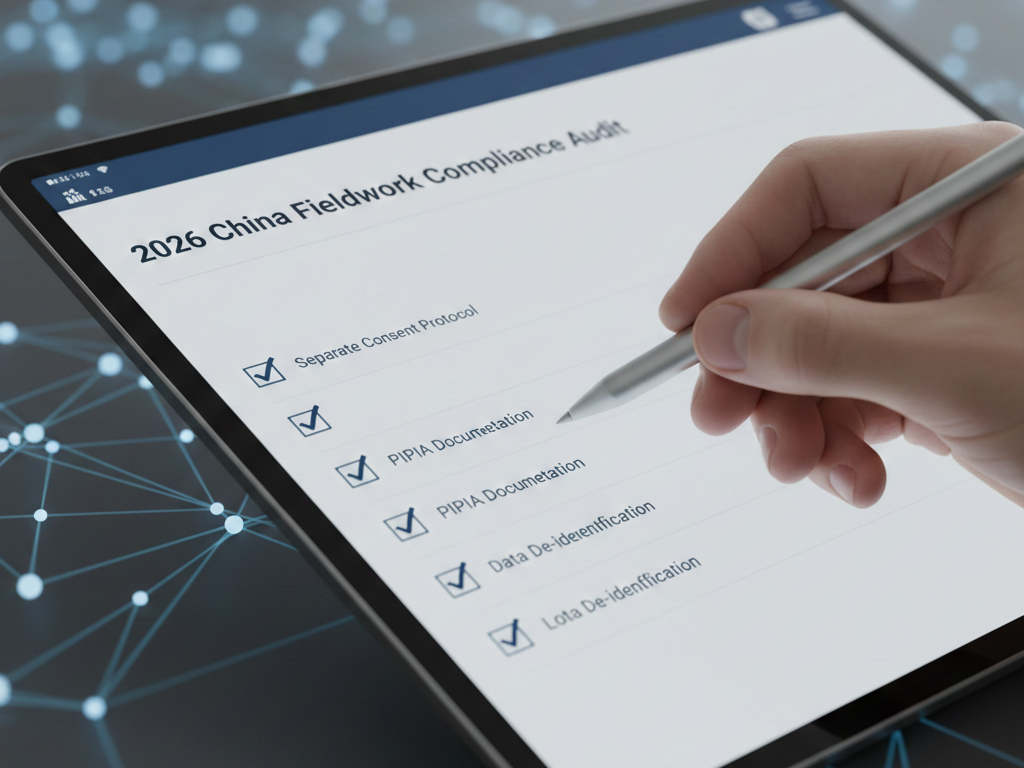Are you struggling to achieve meaningful response rates in your healthcare professional (HCP) surveys? You're not alone. According to the American Medical Association's 2023 Physician Survey, medical professionals now spend an average of 8.7 hours per week on administrative tasks – including research participation – compared to just 4.5 hours in 2013. This shifting dynamic has created new challenges for market researchers seeking meaningful engagement with healthcare professionals.
The Growing Challenge of HCP Engagement
Healthcare market researchers face unprecedented challenges in gathering robust data from medical professionals. Recent industry data shows that average HCP survey response rates have declined from 35% in 2010 to 21% in 2024.
This decline stems from several key factors:
• Increasing demands on HCP time and attention
• Survey fatigue from multiple research requests
• Complex compliance requirements
• Competition from other market research initiatives
• Limited engagement windows during clinical hours
Proven Methods for Enhanced HCP Engagement
Strategic Timing and Distribution
The McKinsey Healthcare Insights Report (2023) demonstrates that timing is perhaps the most critical factor in successful HCP engagement. Their analysis of over 100,000 survey responses shows that early morning outreach, specifically between 7:00 AM and 9:00 AM local time, yields response rates 40% higher than other time slots.
Our research also shows that carefully chosen distribution times can increase response rates by up to 40%. Consider these proven approaches:
• Send survey invitations between 7-9 AM local time when HCPs typically review their daily schedules
• Avoid Monday mornings and Friday afternoons when clinical workload is typically the highest
• Schedule follow-up reminders during lunch hours (12-2 PM) when HCPs often catch up on administrative tasks
Optimize Survey Design
Remember the last time you abandoned a lengthy online form? Healthcare professionals face the same frustration with poorly designed surveys. Through countless conversations with physicians, we've learned that respect for their time isn't just about survey length – it's about creating an experience that feels valuable from the first question.
One successful approach we've developed involves what we call "the clinical conversation" – structuring surveys to flow like natural professional dialogue rather than a rigid questionnaire. When we implemented this approach for a recent specialist study, one participant noted, "It felt less like filling out a form and more like sharing expertise with colleagues."
To summarize, the survey structure itself can significantly impact completion rates:
• Keep surveys under 15 minutes to complete
• Front-load critical questions within the first 5 minutes
• Use medical terminology accurately but concisely
• Include progress indicators to set clear expectations
• Enable mobile-responsive design for on-the-go completion
Building Meaningful Connections Across Channels
In today's digital age, the key to reaching busy healthcare professionals lies in understanding their communication preferences. Some respond best to email, others prefer professional networks, and increasingly, many appreciate the convenience of mobile-friendly surveys they can complete between patients.
A cardiologist we work with regularly shared an insight that changed our approach: "I'm more likely to engage with research that reaches me through my preferred professional networks – it feels more credible and relevant." This feedback led us to develop a more nuanced, multi-channel strategy that respects individual preferences while maintaining professional standards.
The Art of Meaningful Incentives
While fair compensation remains important, we've discovered that the most engaging surveys offer something more valuable – professional growth and impact.
While monetary compensation matters, our research indicates that professional value drives higher engagement:
• Offer early access to study findings
• Provide specialty-specific benchmarking data
• Include continuing medical education (CME) credits
• Share peer comparison insights
• Consider charitable donations in the HCP's name
Cultivating Long-term Research Relationships
Perhaps the most valuable lesson we've learned is that successful HCP research isn't about individual surveys – it's about building lasting relationships with healthcare professionals who see value in ongoing research participation. This means regular communication, transparency about research impact, and genuine respect for their expertise and time.
Moving Forward Together
As we navigate the evolving landscape of healthcare research, success lies in remembering that behind every response rate statistic is a healthcare professional making time in their busy day to contribute to research. By designing our approaches with this human element in mind, we not only improve our response rates but also the quality and impact of our research.
Need expert guidance on optimizing your healthcare market research? Contact our specialized team to support your HCP survey needs.
_1769067678558.jpg)

